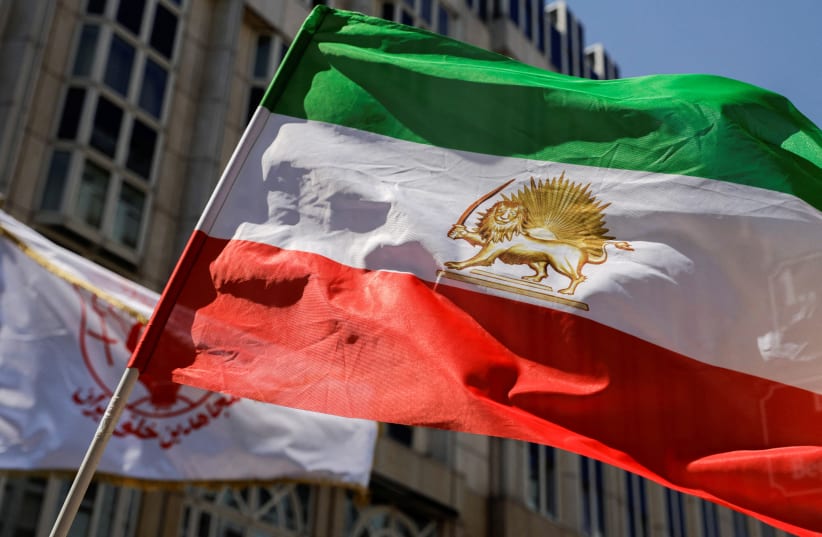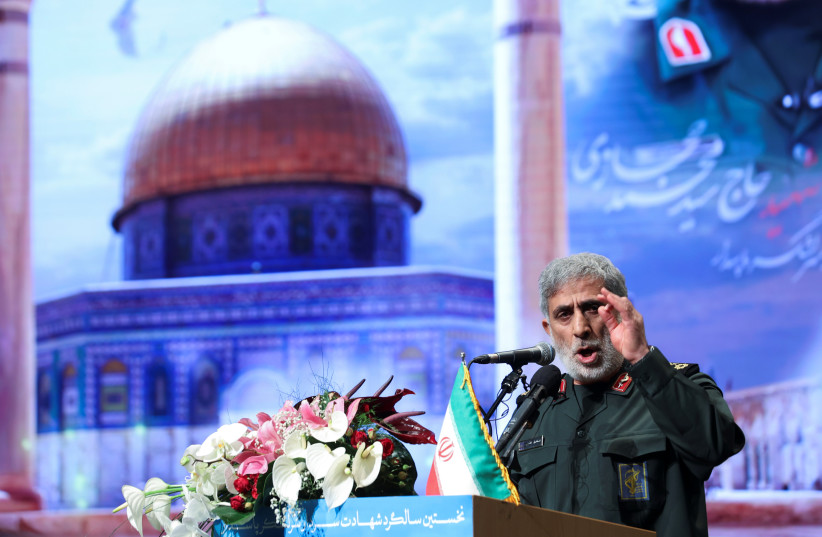Iran executed a Swedish-Iranian dissident on Saturday convicted of leading an Arab separatist group accused of attacks including one on a military parade in 2018 that killed 25 people, state television reported.
Habib Farajollah Chaab had been sentenced to death for being "corrupt on earth", a capital offence under Iran’s strict Islamic laws.
In 2022, Iran started the trial of Chaab on charges of leading the separatist Arab Struggle Movement for the Liberation of Ahwaz, which seeks a separate state in the oil-rich Khuzestan province in southwestern Iran, and plotting and carrying out "numerous bombings and terrorist operations".
Iran said in 2020 that its security forces detained Chaab in neighbouring Turkey and took him to Tehran, without giving details of his capture.
Concerns over access to a fair trial
Swedish Foreign Minister Tobias Billstrom reacted with "dismay" to Chaab's execution, saying his government had pleaded with Iran not to carry it out.
"The death penalty is an inhuman and irreversible punishment and Sweden, together with the rest of the EU, condemns its application under all circumstances," he said.
Sweden had voiced concern over Chaab's case, and ties with Iran had also been soured over a Swedish court's life-time prison sentence for a former Iranian official for involvement in the mass execution of political prisoners in 1988 in the Islamic Republic.
Iran has had tense relations with its ethnic minorities, which include Arabs, Kurds, Azeris and Baluch, and has accused them of aligning with neighbouring countries.
Arabs and other minorities have long complained of facing discrimination in Iran, an accusation Tehran denies.

